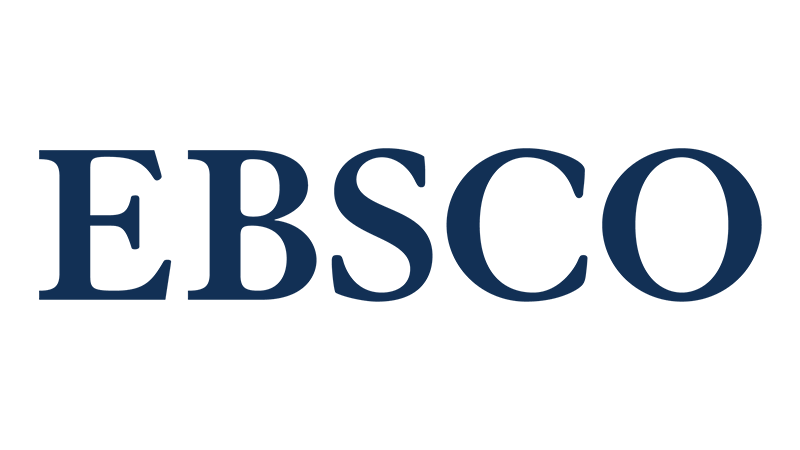
Abstract
Quality trends in construction projects have advanced from quality assurance to quality management under the ISO 9000 standards. Having achieved ISO 9000 certification and established a systematic approach to operations, the journey towards Total Quality Management (TQM) seems to weigh significantly on the ability of an organization to translate, integrate and institutionalize TQM behaviour into its business culture. More importantly, there is a need for organizational-wide management and a need to provide alignment of processes and people in the TQM environment. The Japanese concept of Hoshin Kanri, a form of policy management which prescribes a participative way of quality management, offers such leverage. Hoshin Kanri is a system for translating an organization’s vision and objectives into actionable and measurable strategies throughout the company, and is also a means by which TQM can be institutionalized. The concept of Hoshin Kanri provides a powerful tool for deploying the strategic direction of the organization. This paper presents the essential steps in deploying the Hoshin Kanri form of policy management using a construction firm as a case study. A framework for implementing Hoshin Kanri in the construction industry is also recommended for the first time.
Keywords
TQM, Hoshin Kanri, Quality, Strategy, Construction
DOI
https://doi.org/10.54784/1990-6587.1166
Creative Commons License

This work is licensed under a Creative Commons Attribution 4.0 International License.
Recommended Citation
Pheng, L. S., Ying, L. J., & Cheong, A. (2009). Total quality management and Hoshin Kanri for construction organizations. Business Review, 4(1), 49-80. Retrieved from https://doi.org/10.54784/1990-6587.1166










